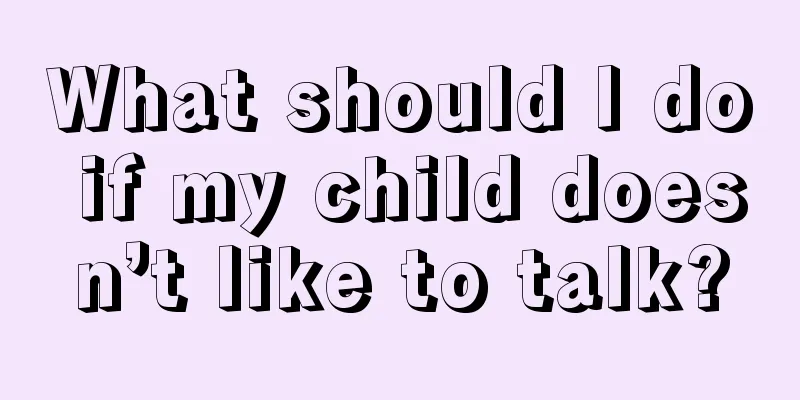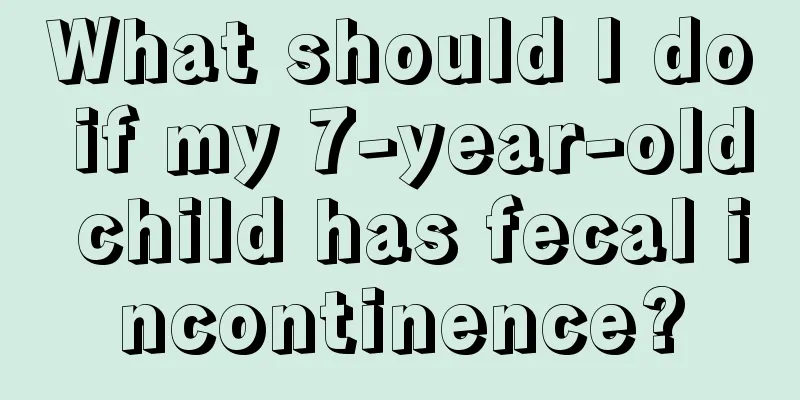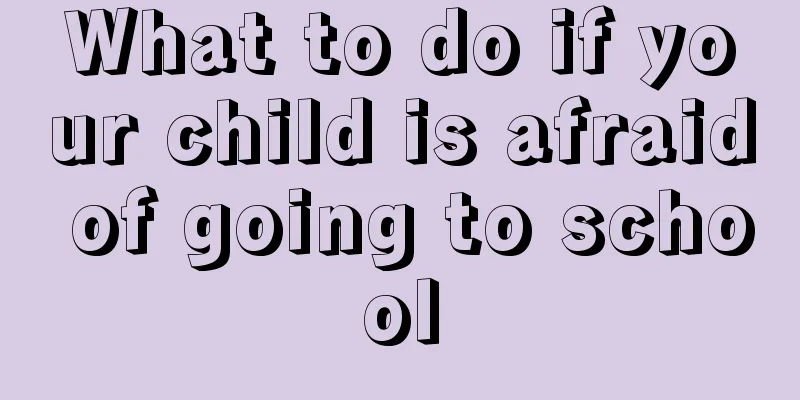What should I do if my child doesn’t like to talk?

|
When talking about children, the first thought that comes to most people's minds is that they love to play, make noise and talk. However, in real life, some children do not like to talk, which makes parents very distressed. So what should we do if children don’t like to talk? In fact, the solution is directly related to the reason why children are not talkative. Only targeted treatment can achieve the best results. 1. Lack of motivation for communication. Some families are child-centered, meeting their children's needs almost unconditionally, and there is always someone to play with the children. When young children are always accompanied by someone, it is difficult for them to develop the motivation to find a playmate. Some young children are only willing to interact with adults because adults always give in to them. When interacting with their peers, they need to coordinate, discuss, and even find ways to resolve conflicts. In order to "save trouble", they would rather interact with adults. For this type of young children, parents should "psychologically wean" them as early as possible. In other words, the family should not be centered on children, but on "equality for all." When the child is about 3 years old and has a certain degree of independence, he should be given a simple schedule to let him understand that family members have times to get together, and times to work and play separately, and they should not interfere with each other. The early implementation of "psychological weaning" for young children not only helps them to develop the motivation to interact with their peers, but is also a "key strategy" to promote their independent development. Practice has shown that early "psychological weaning" can also help shorten the duration of "separation anxiety" that young children experience when they first enter kindergarten. 2. Have had failed relationship experiences. Some young children are unwilling to interact with their peers because they have had negative interaction experiences, such as being bullied by their peers. They adopt avoidance strategies in order to protect themselves from harm. For such problems, parents should observe carefully, find out the crux of the problem, and then "prescribe the right medicine." If a child has been bullied by his peers, parents may as well take the child to interact with his peers two or three times to "build up courage" for the child. When the child learns communication skills and experiences the joy of communication, parents can withdraw. 3. Personality reasons. Some young children, due to the influence of genetics or their own personality traits, are more introverted and unwilling to deal with people, and only like to deal with objects. Parents can provide guidance for these young children, but don't expect to achieve results overnight. Parents should guide their children to interact more with their peers as much as possible, otherwise the children will lose a very important way of learning. It should be noted that it is normal for younger children (approximately under 3 years old) to be unwilling to socialize because they are still in the "solo play period" or "parallel play period". However, after the age of 3, children should show a gradually increasing need for communication. If not, parents should look for the reasons from the above aspects. In addition, parents should consider the possibility of "autism", do not be afraid to seek medical treatment, and take their children to professional institutions for treatment as soon as possible. |
<<: What should children eat to be good for their eyes? Eat more of these foods
>>: What should I do if my child has dry stools?
Recommend
Can my baby take calcium when he has a fever? We must know the correct way to do it in the future
Calcium is essential for babies during their deve...
Can children really have acupuncture?
Acupuncture is a common method of TCM to treat di...
Is it normal for a four month old baby to spit bubbles?
Is it normal for babies to spit bubbles? Nowadays...
What are the sequelae of a 5-year-old child having a fever and convulsions?
We all know that children will have resistance as...
Is the rash on my baby's face caused by ringworm?
The baby's skin is very delicate and sensitiv...
The impact of violent education on children
Traditional Chinese education is relatively stric...
Dietary care for children with cough
Cough is one of the most common symptoms of exoge...
What kind of shoes are good for children?
Children are at an active age, so parents must pa...
Why are children's underwear yellow?
When adult women's underwear turns yellow, it...
How many types of jaundice are there
Jaundice is not a specific disease, it is a sympt...
What should I do if my baby's gums are red, swollen and bleeding? Parents should reflect on themselves.
Children’s teeth are always fragile. Sometimes, f...
Symptoms of psychological disorders in children
Many parents now hold the mentality that as long ...
How to supplement zinc deficiency in children
Zinc is very important for children. If the body ...
How to eat when children have indigestion and vomiting
As children grow up, the most common problem they...
What to do if a child has a fever of 38 degrees
Colds and fevers are common for children, and par...









